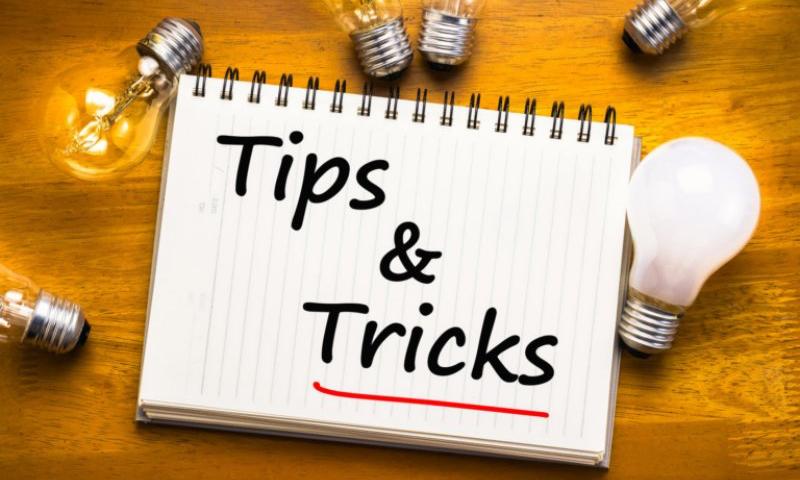When setting a parent element to display: flex, its child elements align left-to-right like this:
Now, one of the neat things we can do with flexbox is change the direction so that child elements are stacked vertically on top of each other in a column. We can do that with the flex-direction property (or with the flex-flow shorthand):
Okay, cool. But how would I do something like this with CSS Grid? As in, let’s say I want all those child elements to be aligned like this:
1 3 5 7
--------
2 4 6 8…instead of this:
1 2 3 4
--------
5 6 7 8By default, when I set a parent element to use CSS Grid, the elements will be positioned left-to-right just like flexbox. In the example below I’m telling the grid to have 6 columns and 2 rows, then let the child elements fill up each column of the first row before they fill up the columns of the second. You know, standard line wrapping behavior.
.parent {
display: grid;
grid-template-columns: repeat(6, 1fr);
grid-template-rows: repeat(2, 150px);
gap: 20px;
}Basically what I want here is the opposite: I want our child elements to fill up column 1, row 1 and row 2, then move on to the next column. In other words, column wrapping! I know that if I create a grid with rows and columns I could individually place those elements into those positions. Like so:
.parent {
display: grid;
grid-template-columns: repeat(6, 1fr);
grid-template-rows: repeat(6, 150px);
}
.child-1 {
grid-column: 1;
grid-row: 1;
}
.child-2 {
grid-column: 1;
grid-row: 2;
}
.child-3 {
grid-column: 2;
grid-row: 1;
}
/* etc, etc. */Okay, neat! This gets me what I want but it’s a giant pain having to individually set the position of each item. It feels like I’m using position: absolute and it doesn’t feel particularly smart. So what if I just wanted this layout to be done for me, so that each new child element would align into the correct spot…correctly?
What I’m asking for (I think) is this: is there a CSS Grid version of flex-direction: column?
Well, after searching around a bit, Rachel Andrew pointed me to the correct answer in her rather excellent playground, Grid by Example. And as you can see in this demo, Rachel shows us how to do just that:
Neato! Rachel does this with the grid-auto-flow property: it tells a grid container how to fill the unoccupied space with child elements. So I can do that just by writing this:
.parent {
display: grid;
grid-auto-flow: column;
/* set up columns and rows here */
}By default, child elements of a grid will fill up each column until a row is filled, then it’ll flow into the next beneath it. This is why the default for grid-auto-flow is set to row because we’re filling up rows of the grid first. But if we set it to column, then each new element will fill up all the space of column 1 before moving on to column 2, etc.
.parent {
display: grid;
grid-auto-flow: column;
grid-template-columns: repeat(6, 1fr);
grid-template-rows: repeat(2, 150px);
}This is what the flow part of grid-auto-flow means and for the longest time I ignored the property because it seemed (don’t laugh) scary. Just reading the word grid-auto-flow is enough to make me want to shut off my laptop and walk into the ocean.
But! It’s a pretty useful property and makes a ton of sense, especially if you think of it as the CSS Grid version of flex-direction.
The post grid-auto-flow : CSS Grid :: flex-direction : Flexbox appeared first on CSS-Tricks.
You can support CSS-Tricks by being an MVP Supporter.




 If you own a website that collects personal information through contact forms and tools such as Google Analytics, you may be legally required to provide a Privacy Policy that’s compliant with multiple privacy laws. Between forms, advertising programs, analytics, and social media integration, your typical WordPress website collects a lot of data. Disclosing everything isn’t […]
If you own a website that collects personal information through contact forms and tools such as Google Analytics, you may be legally required to provide a Privacy Policy that’s compliant with multiple privacy laws. Between forms, advertising programs, analytics, and social media integration, your typical WordPress website collects a lot of data. Disclosing everything isn’t […]